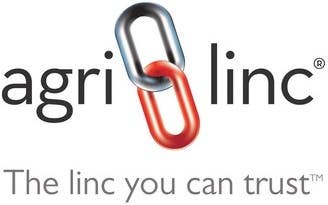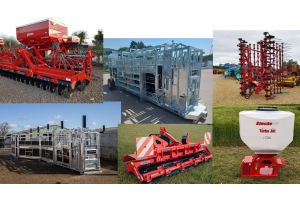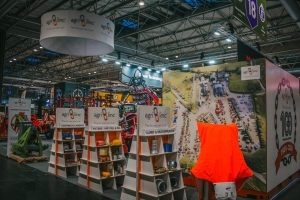How Have Simba Survived?

For 47 years Simba have been one of the most acclaimed manufacturers of tillage equipment in the UK. As it closes doors on the Sleaford manufacturing plant, we look back on 4 decades of Simba's history.
Simba began making its first cultivators in 1976 having been started-up by Sleaford-based farmer Keith Burton, who had moved to East Africa and found that regular locally produced machines were not up to the task of cultivating the hard, virgin soils of that part of the world. Keith then developed his own range of disc cultivators, toolbars and rippers, advertised with the slogan “tackles the tough stuff”. Interestingly, Simba is Swahili for ‘lion’, which gave Simba the inference of unparalleled strength. Simba’s ‘tough stuff’ found a healthy market in that region and in the UK.
In those early days, product lines were dominated by discs, then tine-and-disc  combinations. Simba evolved with the times, and managed to produce a cultivator that could incorporate chopped straw following the 1988 straw-burning ban. Simba quickly gained a powerful reputation in the UK, with strength, reliability and durability at its core – this reputation still lives on today. They led the growth market for heavy offset disc harrows in the 80’s and 90’s, and pioneered the double press concept, which became a must-have on British farms, which finally led to the development of the renowned CultiPress. They also made incredible innovation breakthroughs, examples of which can be seen in the DD ring design. In the eyes of many farmers, the Simba single entry taper roller bearing was and continues to be the most reliable bearing ever to be seen fitted on an agricultural Disc Harrow.
combinations. Simba evolved with the times, and managed to produce a cultivator that could incorporate chopped straw following the 1988 straw-burning ban. Simba quickly gained a powerful reputation in the UK, with strength, reliability and durability at its core – this reputation still lives on today. They led the growth market for heavy offset disc harrows in the 80’s and 90’s, and pioneered the double press concept, which became a must-have on British farms, which finally led to the development of the renowned CultiPress. They also made incredible innovation breakthroughs, examples of which can be seen in the DD ring design. In the eyes of many farmers, the Simba single entry taper roller bearing was and continues to be the most reliable bearing ever to be seen fitted on an agricultural Disc Harrow.
Again, Simba evolved to meet the changing needs of arable farmers throughout the UK and Europe which triggered the development of new products like the Simba SL, SLD, DTX and most recently the CDA cultivator drill. Unfortunately, Simba lost its drill line-up in 2010, when German company Horsch, (having supplied Simba for a few years) decided to sell the products under their own name. An alliance with a fellow drill-maker was necessary for Simba’s survival, and so they approached Great Plains, a company that had also been started up in 1976 by Roy Applequist and now had a strong dealer network across North America.
With the combined power of the two companies, under the name Simba Great Plains, according to managing director Colin Adams, ‘the company has the product range to tackle both western and eastern European markets’, which Simba may not have been able to conquer alone. As trading in farming machinery since 1974, Agri-linc have been able to appreciate the strength of Simba as one of the all-time-great-British brands and how it has evolved to meet new challenges faced by arable farmers today. We have refurbished and sold hundreds of Simba machines over these years.
We have an excellent inventory of Simba machines and parts available. Please follow these links for further details http://www.agri-linc.com/farm-machinery.html?manufacturer=3185 and http://www.agri-linc.com/farm-machinery.html?manufacturer=3131.






